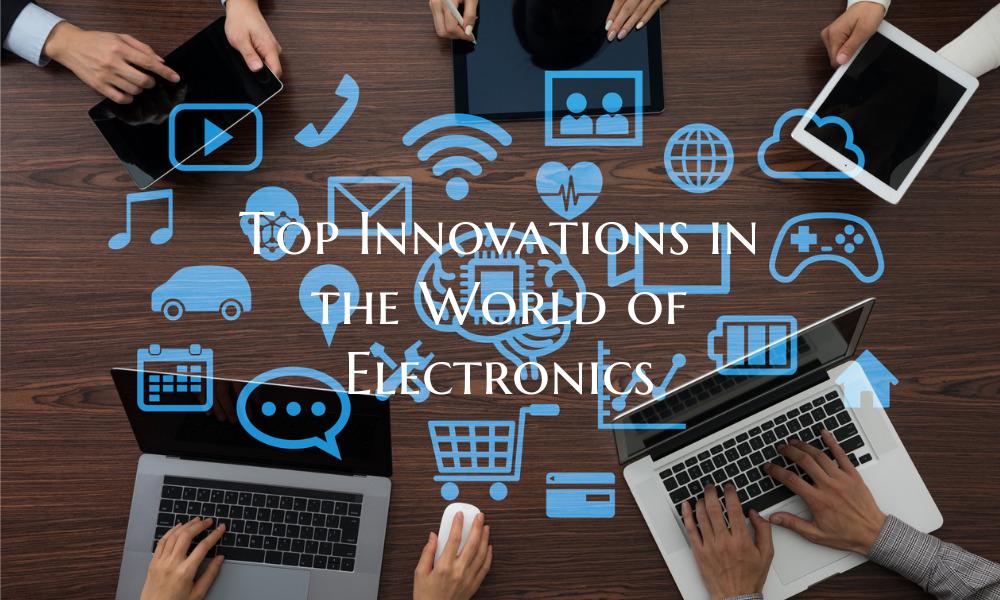Top Innovations in the World of Electronics
In the fast-paced world of technology, innovation drives progress and propels the electronics industry forward. Over the years, there have been numerous groundbreaking advancements that have revolutionized how we interact with electronics. From smartphones to smart homes, the impact of these innovations can be seen in our daily lives. Let's explore some of the top innovations that have shaped the world of electronics.
1. Integrated Circuits (ICs): One of the most significant innovations in electronics was the development of integrated circuits, commonly known as chips. ICs revolutionized electronic devices by packing thousands or even millions of electronic components onto a single tiny chip. This led to the miniaturization of electronics, making devices smaller, lighter, and more efficient.
2. Transistors: Transistors are another key innovation that has had a profound impact on the field of electronics. These semiconductor devices replaced bulky and unreliable vacuum tubes, leading to the development of smaller, faster, and more reliable electronic devices. The invention of the transistor laid the foundation for modern electronics and is considered one of the most important breakthroughs in the industry.
3. Printed Circuit Boards (PCBs): PCBs play a crucial role in the design and manufacturing of electronic devices. These flat boards are used to support and connect electronic components using conductive pathways etched or printed onto the board's surface. PCBs allow for compact and reliable electronic designs, enabling the development of complex electronic systems.
4. Microprocessors: The invention of the microprocessor revolutionized computing and ushered in the era of personal computers. These complex chips contain a central processing unit (CPU) that acts as the "brain" of the computer. Microprocessors are used in a wide range of electronic devices, including smartphones, tablets, and smart appliances, powering the digital revolution we are experiencing today.
5. OLED Displays: Organic Light-Emitting Diode (OLED) displays are known for their vibrant colors, high contrast ratios, and energy efficiency. Unlike traditional LED displays, OLED technology eliminates the need for a backlight, allowing for thinner and lighter screens. OLED displays are widely used in smartphones, TVs, and wearable devices, offering users an immersive viewing experience.
6. Internet of Things (IoT): The Internet of Things is a concept that connects everyday objects to the internet, allowing them to communicate and share data. IoT devices, such as smart thermostats, security cameras, and wearables, have transformed how we interact with our surroundings. This interconnected network of devices has the potential to enhance efficiency, convenience, and connectivity in various aspects of our lives.
7. Artificial Intelligence (AI): AI technology is rapidly transforming the electronics industry, enabling machines to learn, adapt, and make decisions like humans. AI-powered devices can understand speech, recognize images, and automate tasks, providing personalized experiences to users. From virtual assistants to autonomous vehicles, AI is reshaping the way we interact with technology.
These are just a few of the top innovations that have shaped the world of electronics. As technology continues to evolve, we can expect to see even more exciting advancements that will redefine how we engage with electronic devices in the future.

